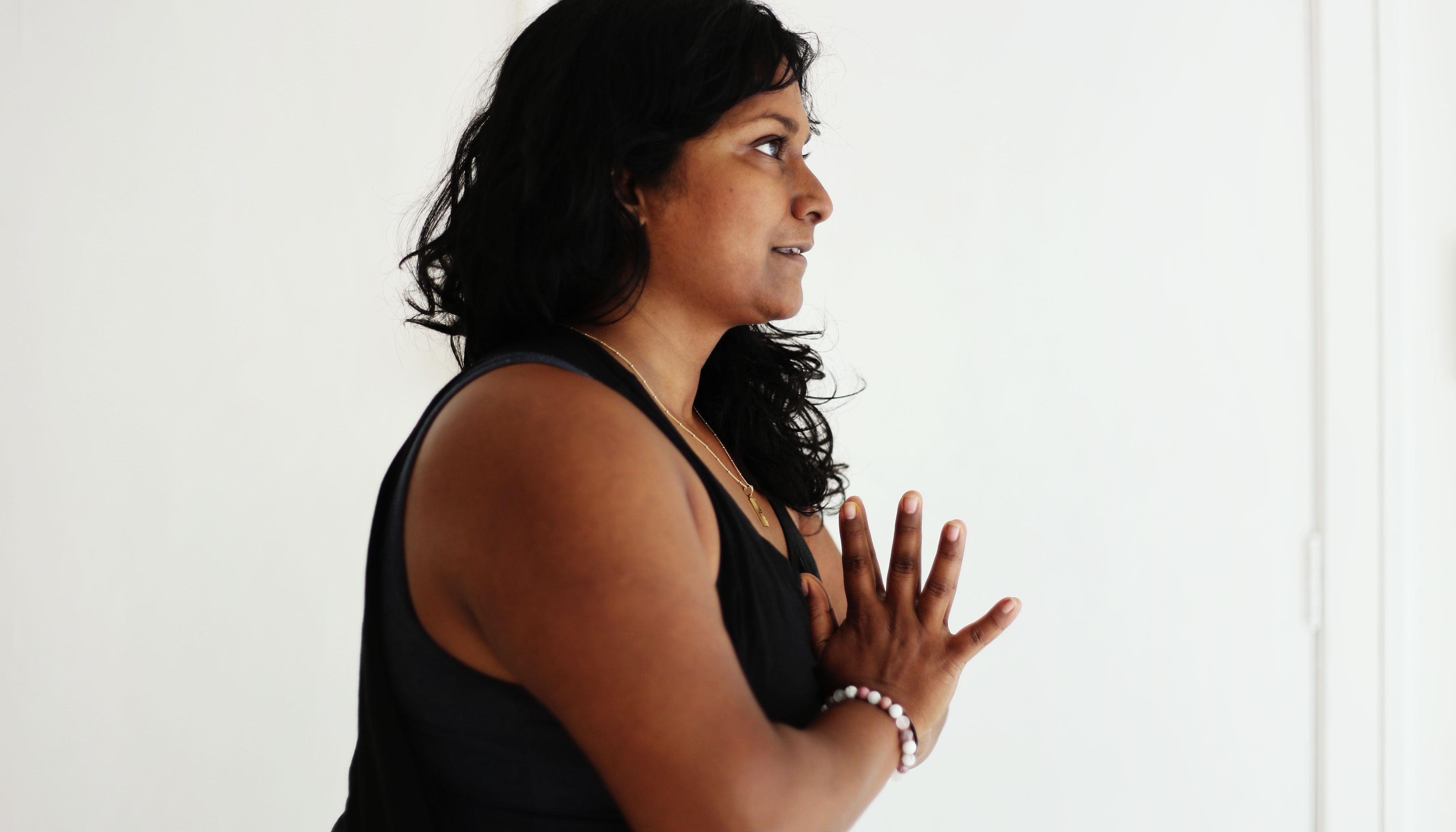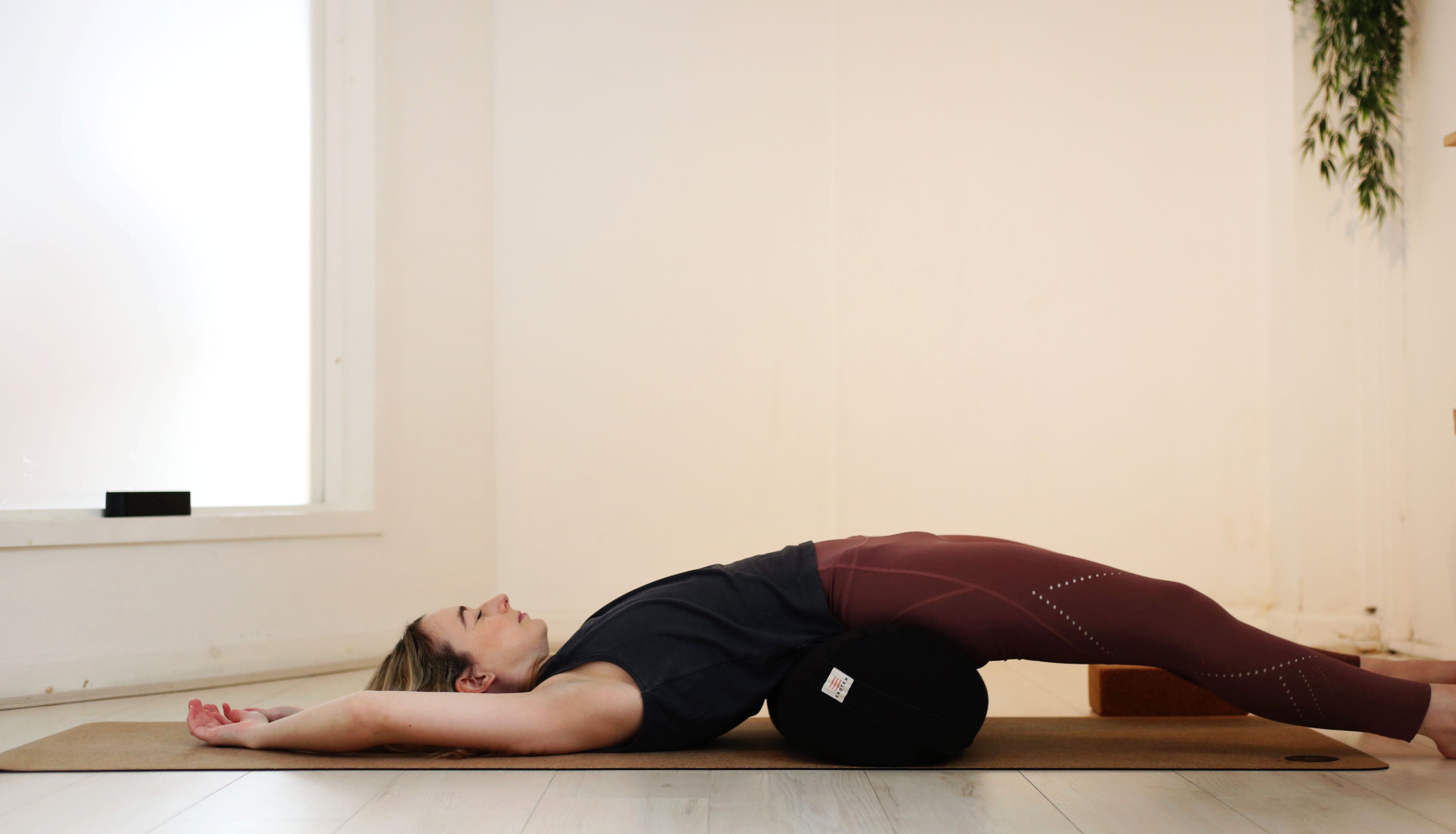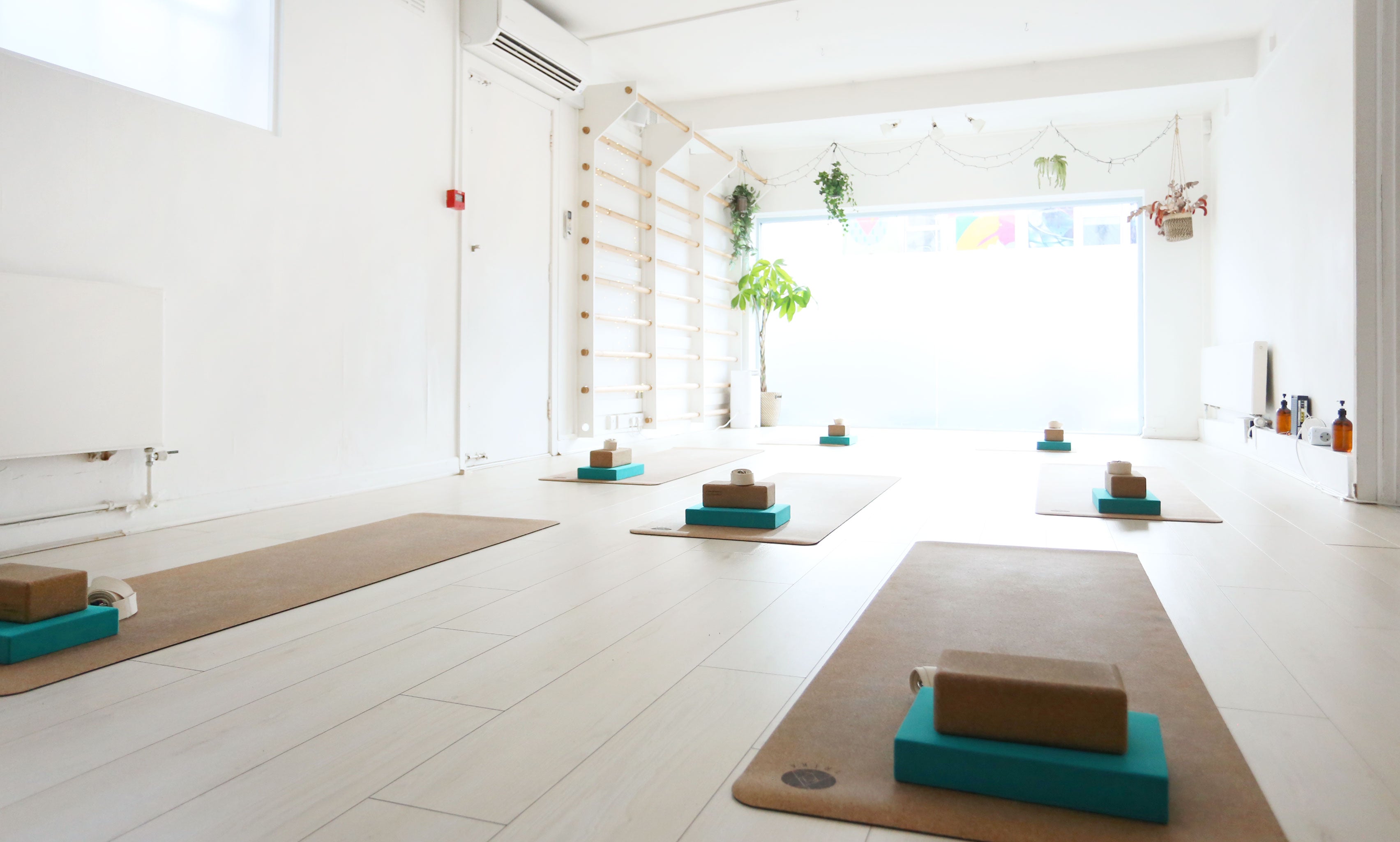b r e a t h e

Breathing. It’s one of those things we all do. But whilst it’s something so intertwined into the fabric of our every day, we rarely turn our attention to it. It just happens, without conscious effort or control.
Yet when we do focus on the breath, we can wield the power of this fundamental function and use it to help us in moments we might need a bit more calm.
The reason breathing just happens without us thinking about it is because it’s part of the autonomic nervous system. Nerve cells in our body are all wired up to signal to the diaphragm how frequently and deep to breathe, as well as monitoring CO2 levels in the body. It’s when these levels get too high that the body increases its rate of breath, to reestablish balance and keep you functioning throughout your day.
And this is all done without your conscious awareness; nerve cells don’t need your permission to change the activity of your breath. In the face of increased stress or danger, they kick in automatically, preparing your body with the fight or flight response that used to be so integral to our survival.
Now in a society where we don’t have to fend off a saber-tooth tiger when out hunting our next meal, the danger our body senses probably isn’t as imminent as it thinks. And the natural quickening of your breath might be causing you more stress than necessary.
Tuning into our breath is a way to calm the body when it is unconsciously triggered into this state of ‘fight or flight’. It’s a way for us to check in, calm ourselves and ultimately take back control.
Tuning in, slowing down and deepening your breath lowers your heart rate, which is linked to lower blood pressure and stress levels in the body. This is why when we decide to take a few moments to inhale and exhale in a more lengthened and conscious way, many of us feel noticeably calmer and more relaxed.
Sometimes we do this and we don’t even realise how tensely we’ve been going about our day; how many times have you let out a massive sigh and realised you were holding onto stress? That exhale can feel like such a big release and that’s because it’s linked to the parasympathetic nervous system, which prepares the body for relaxation.
Many of us who struggle with anxiety can benefit hugely from breathing a little deeper and longer. Each exhale can bring sensations of relief and relaxation to any tightness we might be holding in our chest.
Breathing isn’t just something that calms the body either. Taking that time to tune into your breath can give you a point of focus away from any thoughts that might be occupying your mind. In the face of difficult emotions or a brain that simply won’t switch off, just even noticing your inhales and exhales, not even trying to control them, can bring some distance between you and your thoughts.
After noticing your breath, you might then feel inclined to slow it down. This process makes each breath more rich in oxygen, which increases blood flow to the brain. This allows us to process things a little clearer, which is incredibly important in moments of stress, panic or just when you need a little bit of respite from your day.
Essentially, breathing highlights how intrinsic the link is between our body and our minds. Taking control of our breath through Pranayama (what we call breathing exercises in the yoga world!) is a way for us to override any unconscious patterns of breath that may be causing us tension and regain a bit more mastery over our physical and emotional selves.
Sometimes something simple is all we need. So just breathe.


